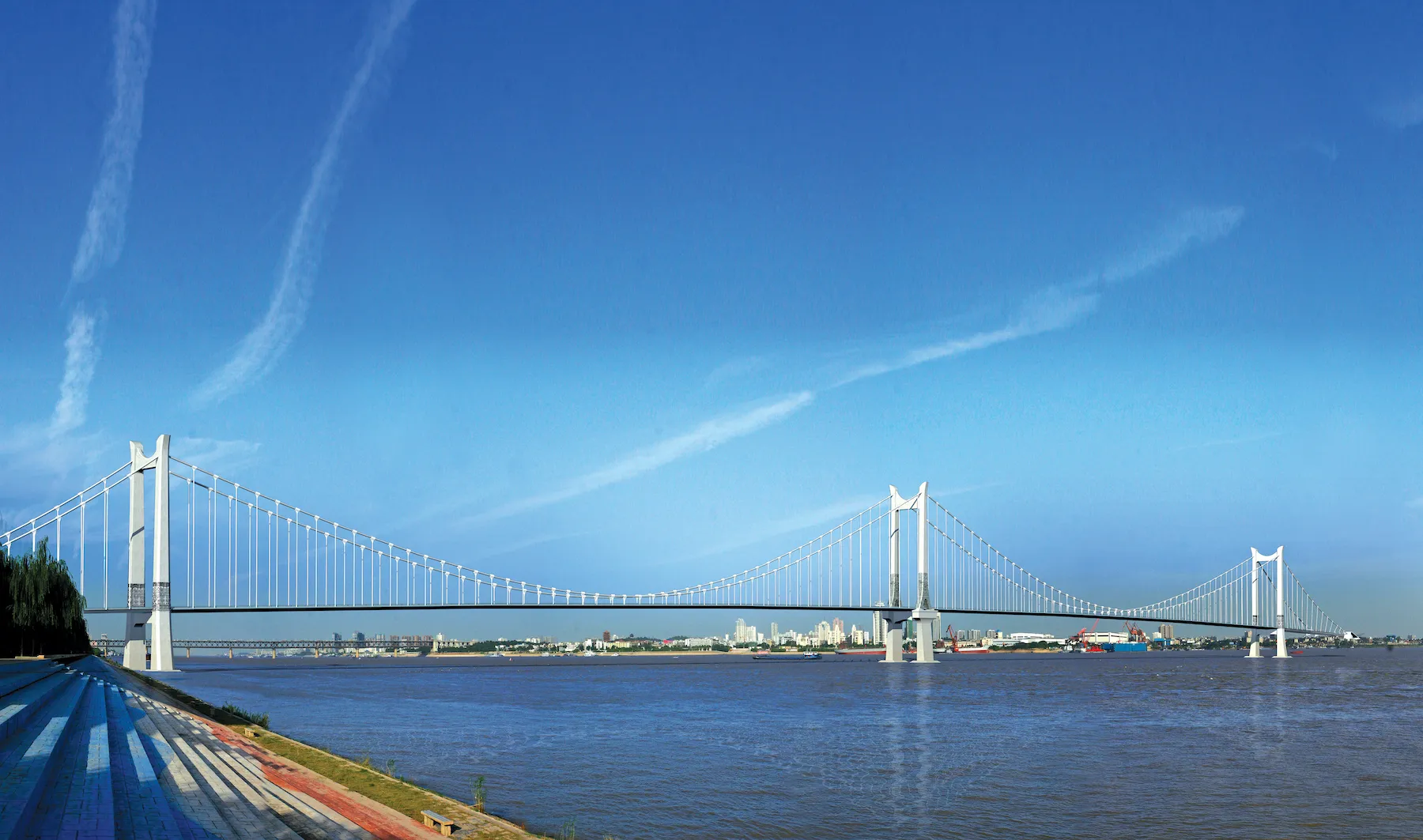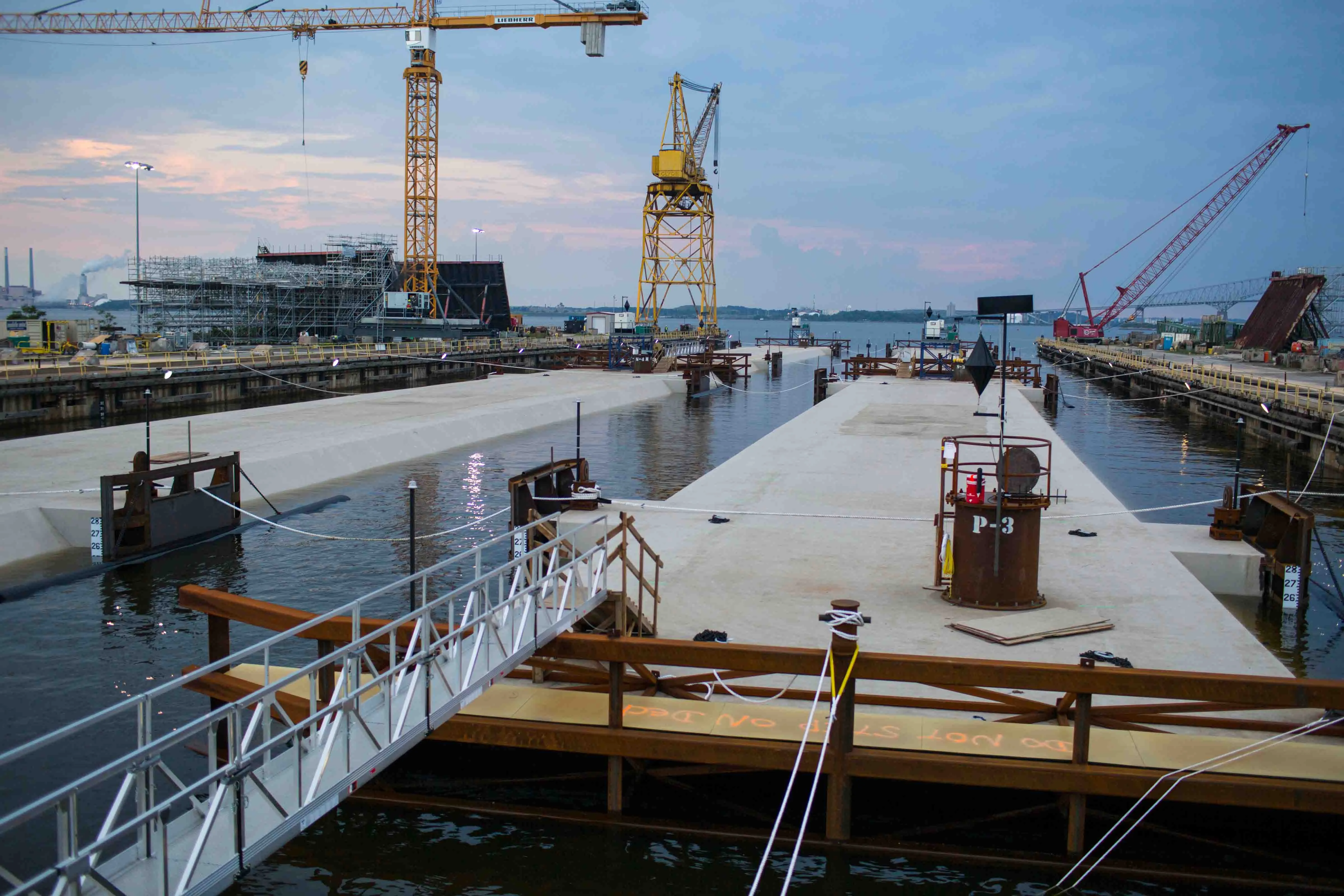The Highway Code in Morocco is to be amended after failing to lower the number of traffic accidents. The country’s transport federation has proposed a series of recommendations. These include modifying an article so the responsibility of pedestrians in traffic accidents is taken into account, and handing them fines if the law is not respected. Transport operators also want reduced fines and prison sentences for those at fault in an accident.
May 28, 2012
Read time: 1 min
The Highway Code in Morocco is to be amended after failing to lower the number of traffic accidents.
The country’s transport federation has proposed a series of recommendations. These include modifying an article so the responsibility of pedestrians in traffic accidents is taken into account, and handing them fines if the law is not respected. Transport operators also want reduced fines and prison sentences for those at fault in an accident.
The federation is also in favour of training drivers, yet highlights that the number of training centres is not sufficient to meet needs. For the 2012-15 period there is estimated to be 329,000 training eligible drivers and 11,000 trainers. Some 792,000 drivers and 33,400 trainers are expected by 2020. Traffic accidents in Morocco cost US$1.93billion in 2011, which represents close to 2.1% of GDP. In 2011, fatal accidents increased 14.5%, deaths were up 11.61% and the number of serious injuries increased 13.03%.
The country’s transport federation has proposed a series of recommendations. These include modifying an article so the responsibility of pedestrians in traffic accidents is taken into account, and handing them fines if the law is not respected. Transport operators also want reduced fines and prison sentences for those at fault in an accident.
The federation is also in favour of training drivers, yet highlights that the number of training centres is not sufficient to meet needs. For the 2012-15 period there is estimated to be 329,000 training eligible drivers and 11,000 trainers. Some 792,000 drivers and 33,400 trainers are expected by 2020. Traffic accidents in Morocco cost US$1.93billion in 2011, which represents close to 2.1% of GDP. In 2011, fatal accidents increased 14.5%, deaths were up 11.61% and the number of serious injuries increased 13.03%.









